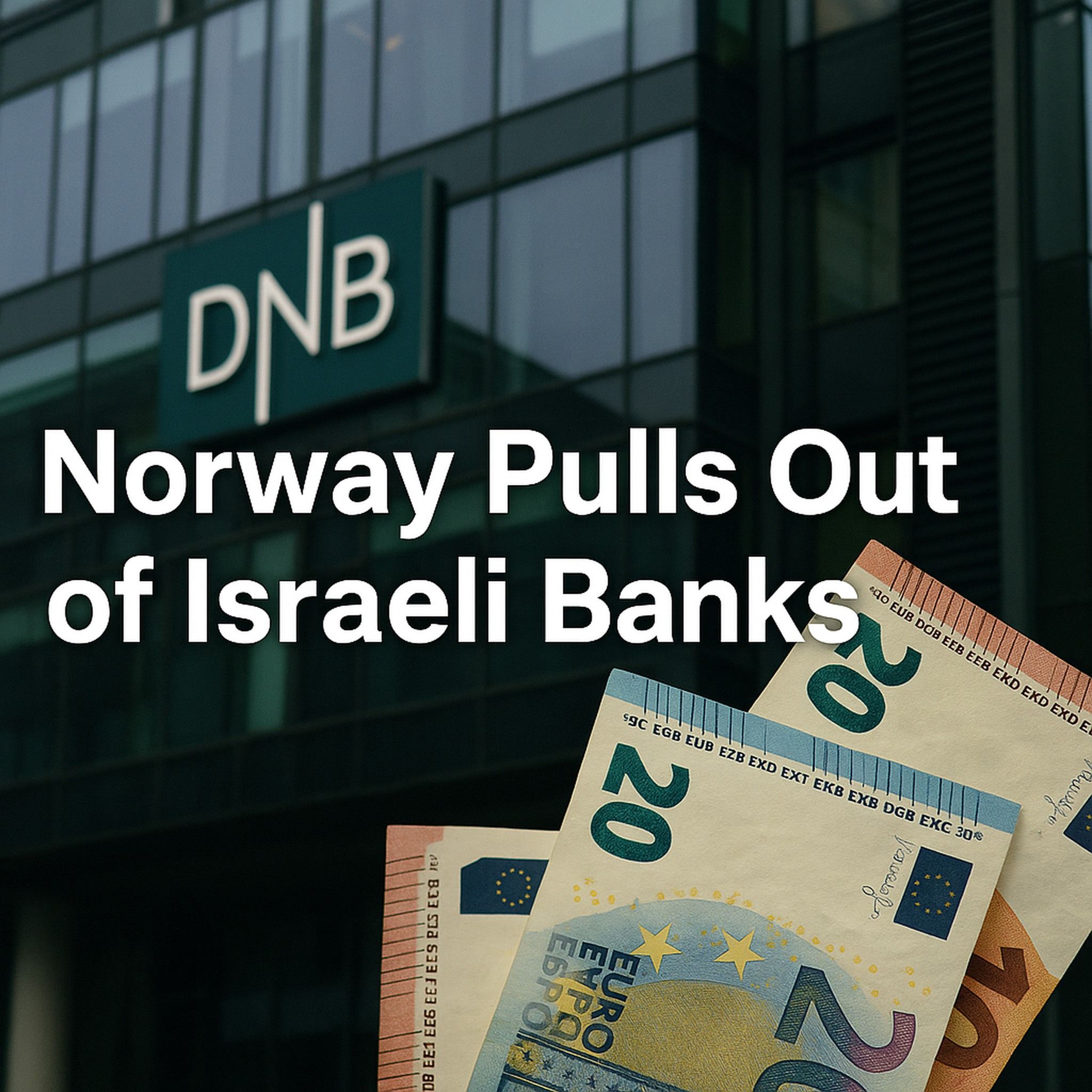
Norway Fund Pulls Out of Caterpillar and Israeli Banks
Norway wealth fund, the world’s largest investment fund valued at around $2 trillion, has undertaken significant divestments in recent weeks, pulling out of major companies including Caterpillar Inc and several Israeli banks. The moves come amid heightened scrutiny over ethical investment standards in the context of the ongoing conflict in Gaza and escalating humanitarian concerns.
The Government Pension Fund Global, commonly known as Norway’s Oil Fund, announced last week that it had sold its holdings in 11 Israeli companies, followed by an additional announcement excluding six more Israeli firms connected to activities in the West Bank and Gaza. These decisions are grounded in recommendations from the fund’s ethics council, which operates under Norges Bank Investment Management and monitors the ethical risks of portfolio companies.
One catalyst for the recent surge in divestments was the fund’s revelation that it had acquired a stake in Beit Shemesh Engines, an Israeli company providing maintenance services to the Israeli military, including for fighter jets. Given the deteriorating conditions in the region and international calls for responsible investment, the fund moved swiftly to review and reduce its exposure to companies involved in military or contentious activities.
The latest divestments likely include Israel’s five largest banks, which have been under the fund’s ethical review for their alleged financing of settlements and other controversial operations. While the fund has not publicly named all affected companies, Norwegian authorities have pledged transparency once sales are finalised.
Norwegian Finance Minister Jens Stoltenberg has acknowledged public debate on the issue ahead of national elections, with calls from some political parties to fully divest from all Israeli companies involved in the disputed territories. However, the government has so far rejected blanket divestment proposals, favouring a more nuanced and procedural approach guided by the fund's watchful ethics council.
Critics argue that only complete withdrawal can shield the fund from reputational risks and accusations of indirectly supporting conflict-related activities. Supporters of the current approach maintain that ethical exclusions are warranted only when companies fail to comply with internationally recognised human rights norms or pose unacceptable risks.
The fund’s CEO, Nicolai Tangen, emphasised that these actions were motivated by exceptional circumstances, describing the situation in Gaza as “a serious humanitarian crisis.” He underlined the fund’s responsibility to ensure that investments do not contribute to or benefit from conflict.
Besides the Israeli companies, the fund also announced the sale of Caterpillar shares following allegations regarding the company’s equipment being used in occupied territories. This divestment signals a growing trend among institutional investors to integrate environmental, social, and governance (ESG) criteria into financial decision-making, especially amid global calls for corporate accountability.
Norway’s sovereign wealth fund has a long history of applying ethical filters; it suspended investments in Russian companies following the 2022 invasion of Ukraine and routinely excludes firms linked to violations of human rights or environmental standards. Its portfolio covers about 9,000 companies worldwide, making its divestment decisions particularly impactful.
These moves are shaping discussions across international finance. The fund’s scale gives it an outsized influence in global capital markets, forcing companies to re-evaluate business practices to maintain eligibility for investment. Furthermore, such divestments can send signals to other large pension funds and asset managers increasingly concerned about ESG compliance.
Looking forward, Norway’s fund has pledged to enhance cooperation between its ethics council and the investment management team to enable faster identification and response to potential breaches. More divestments are anticipated as the fund continues quarterly reviews of companies and tightens its investment criteria.
In sum, Norway’s sovereign wealth fund is taking a principled stance by pulling investments from firms linked to ethically problematic activities, reinforcing its role as a pioneer in responsible and sustainable investing. These decisions not only shape the fund’s portfolio but also contribute to the global momentum toward greater corporate accountability and human rights observance.
Stay on top of any cryptocurrency news by following us on X @ouinex